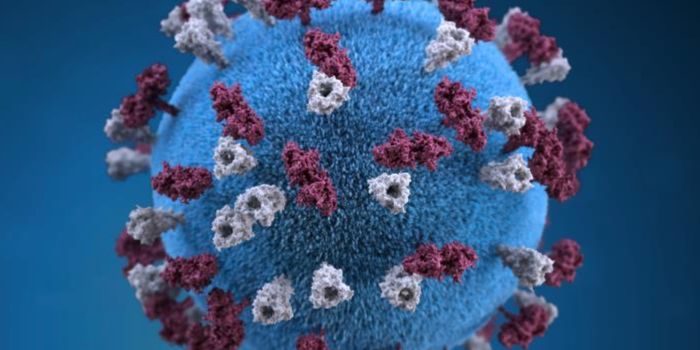Could Cannabinoids Help Tame Essential Tremor?

The study in Nature carried out by the Department of Neuroscience at the Faculty of Health and Medical Sciences at the University of Copenhagen used a mouse model, and a specific synthetic cannabinoid (cannabinoid WIN55,212-2).
Involuntary shaking occurs when the motor neurons that send impulses from the spinal cord to muscles send out conflicting signals at the same time. The researchers found that WIN55,212-2 activated star-shaped support cells known as astrocytes in the spinal cord and brain, prompting them to release the substance adenosine, which subsequently reduces nerve activity and thus the undesired shaking. The researchers say there’s a possibility that cannabinoids might also have a beneficial effect on sclerosis and spinal cord injuries, which also cause involuntary shaking,
“One might imagine a new approach to medical cannabis for shaking, where you—during the development of cannabis-based medicinal products—target the treatment either at the spinal cord or the astrocytes—or, at best, the astrocytes of the spinal cord,” said Eva Carlsen, PhD, who worked on the project as part of her postdoctoral research.
Previous research into medical cannabis has focussed on the nerve cells, the so-called neurons, but targeting the astrocytes has advantages.
“Using this approach will avoid affecting the neurons in the brain responsible for our memory and cognitive abilities, and we would be able to offer patients suffering from involuntary shaking effective treatment without exposing them to any of the most problematic side effects of medical cannabis,” Carlsen explained.
As this study was only in a mouse model, the next step is to do clinical tests on patients experiencing essential tremor to determine whether the new approach has the same effect on humans. Given statistics show that 10 million Americans have essential tremor a lot of people will be interested in the answer.
Sources: Drug Target Review, Science Daily








